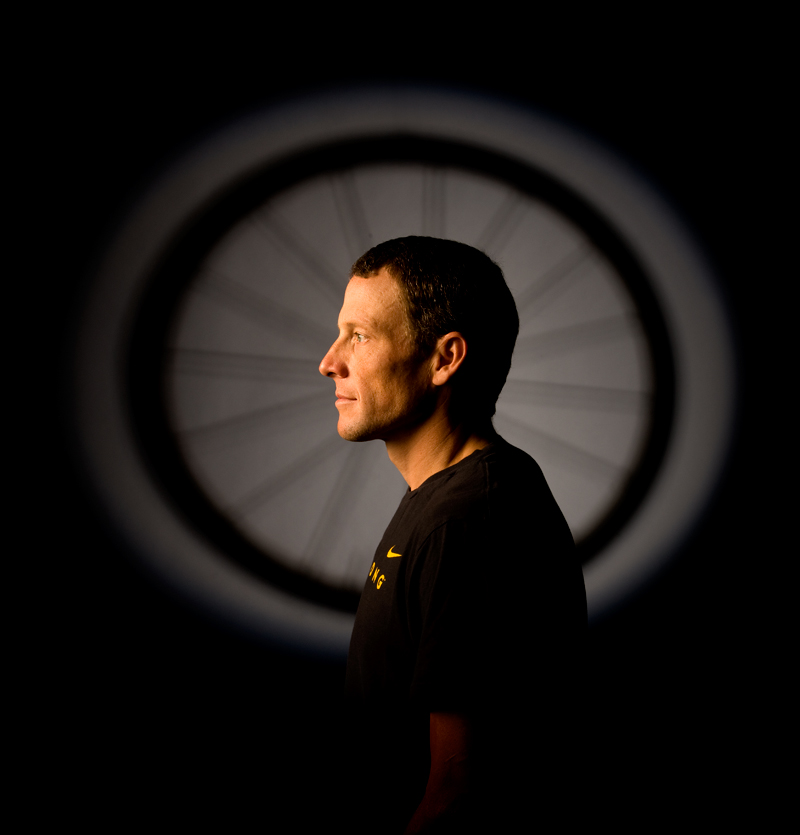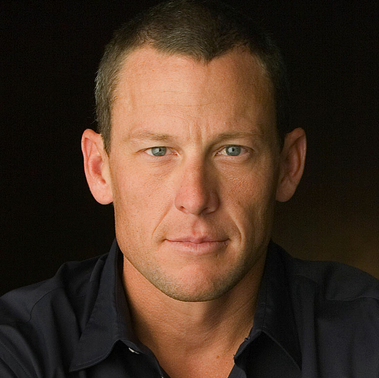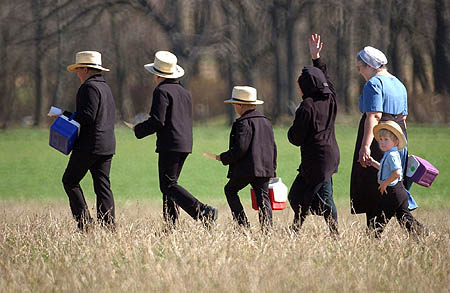Who do you turn to for advice when your integrity is called into question? Is it a spouse, a trusted friend, a professional advisor? Is it a stranger who might tell you the truth that others aren’t telling you, because they’re too close, too afraid, or too self-interested?
As the Lance Armstrong saga unfolds, I continue to feel sadness for this falling hero, and as I wrote a couple of days ago, for many of our falling heroes. But today it’s also worth asking who these heroes call upon—indeed who any of us reach out to for guidance when our darker side has put us between a rock and a hard place, and we’re trying to find a way out back out while still holding our heads up.
Armstrong announced yesterday that he was stepping down as chair of the Live Strong Foundation that he founded as one cancer survivor supporting other cancer survivors. While the Foundation needed greater distance from its controversial founder long before this, there are reasons it stuck with him. Live Strong saw a big spike in contributions last summer immediately after Armstrong announced that he would no longer defend the doping charges that were accumulating against him. But it was about more than just the money.
We support you, Lance. We’re with you while you tough it out—one more time!
But today, after so much damning evidence, what do these supporters–and indeed all of us who believed in you—want to hear you say?
The USADA’s doping charges, bolstered by the confessions of many of his teammates, are swamping the boat where Armstrong still sits, protesting his innocence. When you’re rich and famous, there are plenty of people on hand to talk to about your press releases. But who, if anyone, is Armstrong talking to about what he should do next to replenish his soul?

Is the next act a cornered Armstrong admitting to the flashing cameras that “you finally got me,” or can it be something more consequential than that? He’s given powerful lessons to other cancer survivors. Maybe he can find a way, is trying right now to find a way to give us something we can learn from him about this battle too.
Is that too much to hope?
In all probability, Lance Armstrong will only be able to look us in the eye again if the people he’s talking to, and bringing into his internal dialogue, are helping him to reach a note of genuine redemption from his current struggles. At best, they will not only help him to face his particular truth but also the find the most productive ways to respond to it.
There are times in our lives when we all need to have these kinds of conversations, but find ourselves with no one to talk to.
I hope that the protean survivor in Armstrong has those people, that he has enabled himself in this way too, and that they are helping him today.
For the rest of us, it’s really much the same.
Wisdom is making sure that we all have the right people to talk to when we need to find a redemptive way to move on after being trapped by our own tragic flaws. They are relationships that truly matter.
Links:




